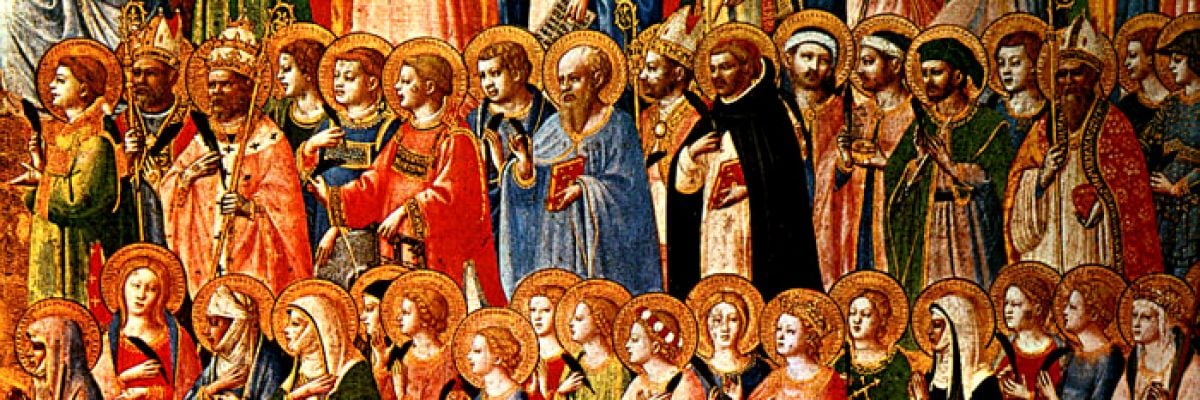
Leon Bloy once wrote, “The only real sadness, the only real failure, the only great tragedy in life, is not to become a saint.”
Why? Because to be anything less than holy is to remain unactualized.
Huh?
Let me offer an illustration: Suppose you went out and bought a flower pot containing one daffodil bulb buried in rich soil. You take the pot, put it in a closet, and for the next two weeks feed the bulb nothing but Coca-Cola.
This is a sad thought, but why is it sad? Isn’t it because the potential for this bulb to become a beautiful daffodil was not actualized? To put it less formally, that it didn’t become what it could have become?
So, too, with us.
Holiness
You and I have the potential for sanctity, for holiness, which is, simply stated, the full flowering of our personality.
Many people believe, if only implicitly, that to be holy is to be stifled, less free, less themselves. They think it’s hell all the way to heaven and heaven all the way to hell.
As Christians, it’s vital that we understand this to be mammothly fallacious!
God is good. He is not holding out on us—as Satan suggested to Eve (Gen. 3:1-5)—he is for us (Rom. 8:31). He is love (John 4:8,16)!
In the words of the band Mumford and Sons:
Love; it will not betray you
Dismay or enslave you, it will set you free
[You’ll be] be more like the man you were made to be.
Desire
God desires to give you the “desires of your heart” (Ps. 37:4). What he is commanding you to be (holy) is in fact what you desire to be (actualized), and his commands, therefore, do not necessitate the repression or deflation of your deepest desires but rather call for their expansion.
C. S. Lewis understood this well, writing:
It would seem that Our Lord finds our desires not too strong, but too weak. We are half-hearted creatures, fooling about with drink and sex and ambition when infinite joy is offered us, like an ignorant child who wants to go on making mud pies in a slum because he cannot imagine what is meant by the offer of a holiday at the sea. We are far too easily pleased.
You might be thinking, ”What if what I desire is destructive and sinful? Does God want me to sin?” Obviously not! But it’s important to realize that which we seek in sin we find in God, and that, as St. Thomas Aquinas wrote, “No evil can be desirable, either by natural appetite or by conscience will. It is sought indirectly, namely because it is the consequence of some good.” Or, as is a wise man (perhaps G. K. Chesterton) once said, “Every man who knocks on the door of a brothel is looking for God.”
Becoming Saints
If the thought of becoming a saint, of having your potential actualized, seems impossible, take comfort in the following from Peter Kreeft:
You can become a saint. Absolutely no one and nothing can stop you. It is your free choice. Here is one of the truest and most terrifying sentences I have ever read (from William Law’s Serious Call): “If you will look into your own heart in complete honesty, you must admit that there is one and only one reason why you are not a saint: you do not wholly want to be.” That insight is terrifying because it is an indictment. But it is also thrillingly hopeful because it is an offer, an open door. Each of us can become a saint. We really can.
In the words of my good friend, Patrick Coffin, “Be a saint! What else is there?”



